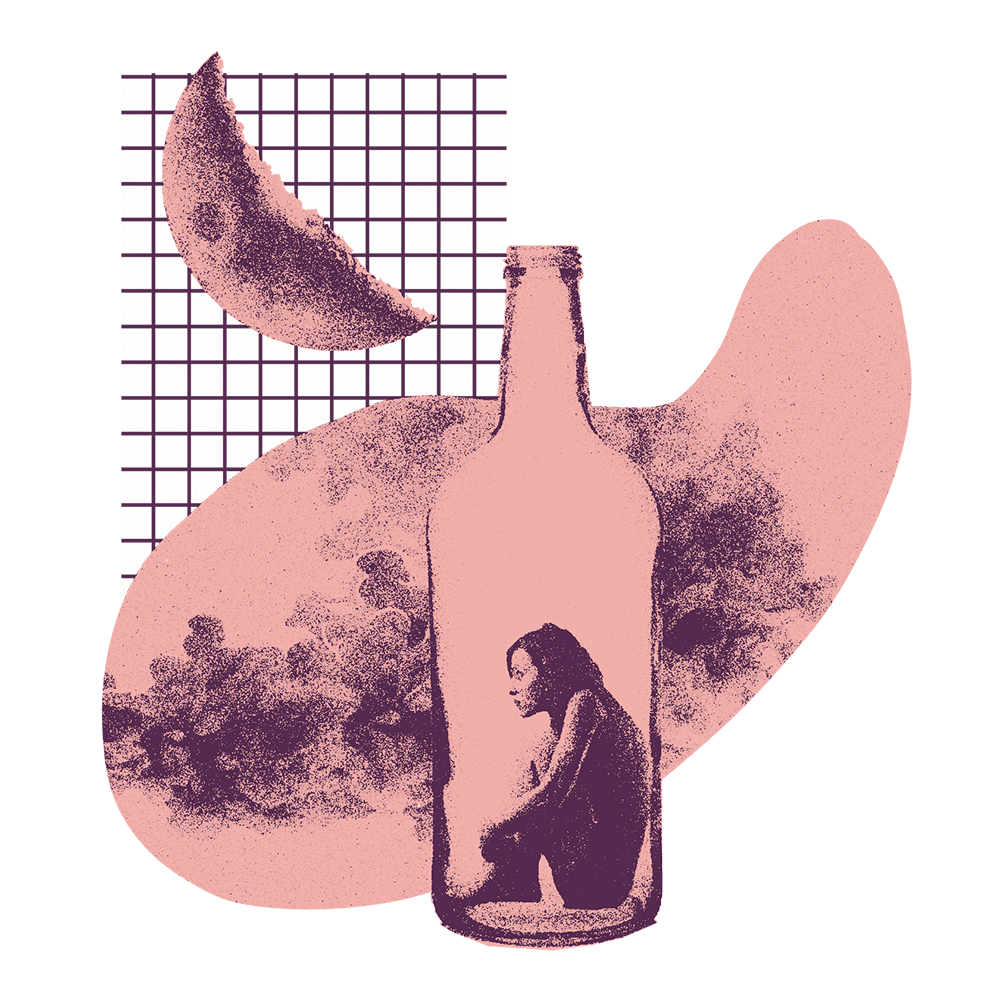Alcohol addiction
Alcohol has an irreplaceable role among many nations. In some cultures, it is still nowadays used during religious rites or feasts.1 Nevertheless, it seems that the main motive behind alcohol consumption nowadays in especially stress relief.2
In our society, alcohol is a commonly accepted drug, which contributes to overlooking the problems caused by its extensive consumption, even though in the European Union it is the no. 1 addictive substance.3
Long-term alcohol consumption which has harmful effects on health, either physical, mental and/or social, is called alcohol abuse, which is a pre-step to addiction.
Alcohol addiction is mental disorder with specific symptoms:

irresistible craving for alcohol, loss of other interests, weakened self-control and inability to manage one’s drinking, increased tolerance, withdrawal symptoms and alcohol abuse despite being aware of its harmful effects, and chronic stages with frequent relapses and unclear prognosis.4
Dangers of long-term alcohol abuse
In general, alcohol use increases morbidity and mortality and directly causes ca. 250 diseases5, incl. gastrointestinal and cardiovascular diseases, damage to liver and central and peripheral nervous system; it has harmful effects on embryos and contributes not only to development of cancer but also prompts the emergence of mental disorders such as depression etc.
If you have a feeling that you or someone you know might need professional help with coping with the abuse of substances, please refer to the section Help, where you will find contact information to professionals who are specially trained in helping children and adults respectively.
If you are interested in this issue and you would like to access more information about substance addiction, please refer to the section Multimedia.
